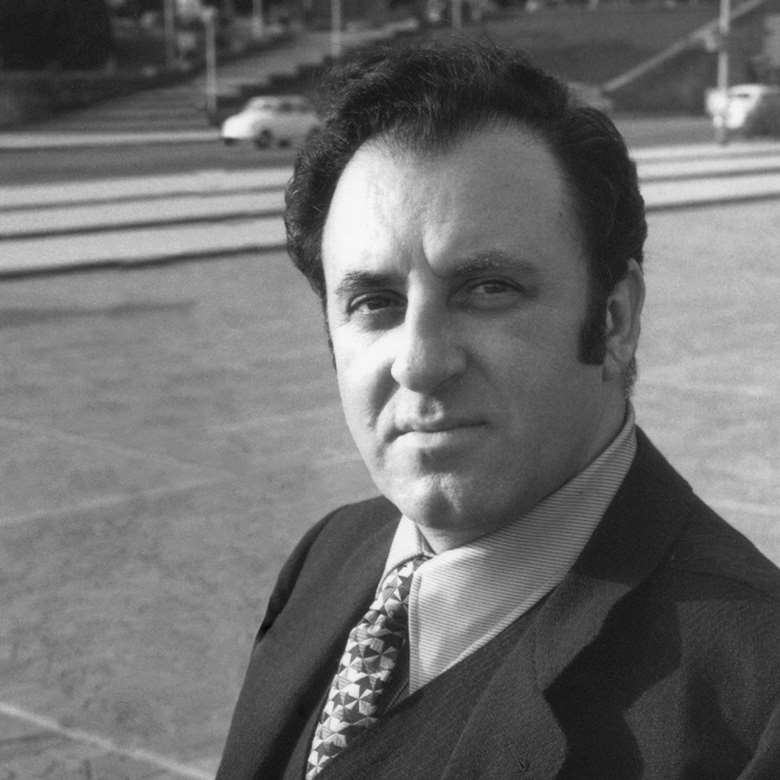The Gramophone guide to Carlo Bergonzi's greatest recordings
Alan Blyth
Monday, July 28, 2014
Alan Blyth surveys the life and career of the great Italian tenor who has died at the age of 90

Register now to continue reading
Thanks for exploring the Gramophone website. Sign up for a free account today to enjoy the following benefits:
- Free access to 3 subscriber-only articles per month
- Unlimited access to our news, podcasts and awards pages
- Free weekly email newsletter








